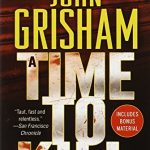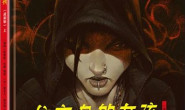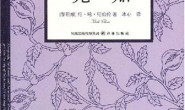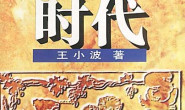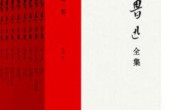
内容简介
From Publishers Weekly
Comparisons with Camus’s The Stranger and Dostoyevski’s Crime and Punishment are not lightly made, but spring irresistibly to mind after finishing Banville’s dazzling novel, which was short-listed for Britain’s Booker Award and won Ireland’s very rich Guinness Peat Aviation Award, adjudicated by Graham Greene. Banville, who has written three previous books but is not widely known here, is literary editor of the Irish Times. His protagonist and first-person narrator is Frederick Montgomery, a former scientist who has taken to drifting aimlessly through life, keenly self-conscious, a brilliant observer of himself and his surroundings, but with no coherent moral center. In the course of a pathetically absurd robbery attempt–he is trying to steal a painting, with which he has become obsessed, from a neighbor of his mother–he brutally and pointlessly kills a maidservant. He tells his story as he sits in jail awaiting his trial, imagining it as a courtroom statement. But is his account–hallucinatory, spellbinding, full of the poetry and pity of life–true? In response to that question from a police inspector, the novel’s last chilling line: “All of it. None of it. Only the shame.” Banville’s style, which is spare yet richly eloquent, and his extraordinary psychological penetration, are what lift his novel to a level of comparison with the greatest writers of crime and guilt. It is difficult to imagine a reader who would not find The Book of Evidence both terrifying and moving.
Copyright 1990 Reed Business Information, Inc. –This text refers to an out of print or unavailable edition of this title.
From Library Journal
Freddie Montgomery is a schizophrenic 38-year-old ex-scientist haunting dingy pubs who, nonetheless, ponders life and his illness via this superb novelized murder trial “confession.” After study in America, Freddie returns to Ireland to find that his disowning mother has sold what he believes is part of his inheritance from his late father, some paintings that include an old Dutch master of a woman he thinks regards him with caring, benevolent authority. As he steals it, he murders a maid who catches him in the act. His lawyer advises him to plead manslaughter to quash evidence. Instead, the brooding, contradictory Freddie writes the “book of evidence” that we read. How much of it is true, how much sick fancy? Freddie makes us think, too.
– Kenneth Mintz, formerly with Bayonne P.L., N.J.
Copyright 1990 Reed Business Information, Inc. –This text refers to an out of print or unavailable edition of this title.
目录




